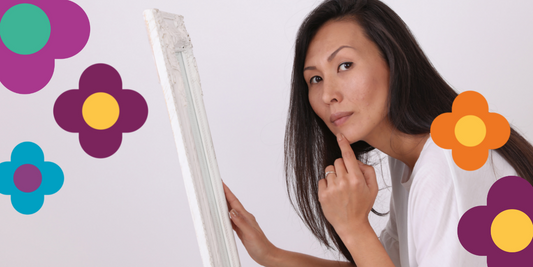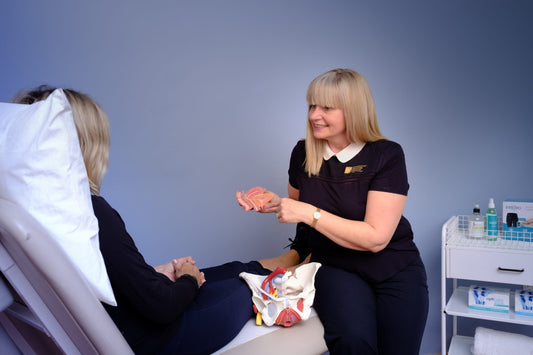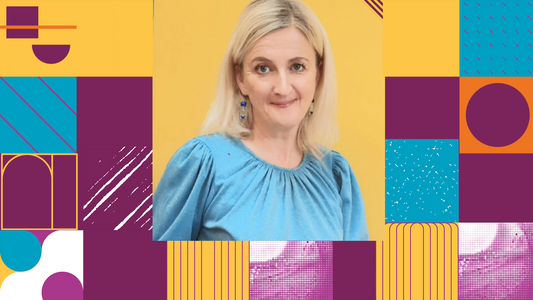Menopause can occur at any age between 45 and 55, with most women being 51.
In contrast, premature or early menopause can occur at any age. Frustratingly, in many cases, there's no clear cause. Sometimes it's the result of surgery to remove the ovaries. Otherwise, some breast cancer treatments that involve chemotherapy or radiotherapy can bring on early menopause, as can certain rare, underlying conditions.
A closer look at early menopause & the causes behind it
Ovaries stop functioning
Early menopause can happen naturally if a woman's ovaries stop making normal levels of certain hormones, particularly oestrogen. The cause of this premature ovarian failure is often unknown, but in some women, it may be caused by:
- chromosome abnormalities
- an autoimmune disease
- certain infections, such as tuberculosis, malaria and mumps – but this is very rare
Premature ovarian failure can also sometimes run in families. This might be the case if any of your relatives went through menopause during their 20s or 30s.
Cancer treatments
Radiotherapy and chemotherapy can cause premature ovarian failure. This may be permanent or temporary.
Your risk of having an early menopause will depend on your age because girls who have not yet reached puberty can tolerate stronger treatment than older women
The type of treatment you're given is also influential, as is where exactly on your body the radiotherapy is focused – your risk of developing premature menopause is higher if you have radiotherapy treatment around your brain or pelvis.
Surgery
Surgically removing both ovaries will also bring on premature or early menopause. For example, the ovaries may need to be removed during a hysterectomy.
What are the symptoms of early menopause?
The main symptom of early menopause is periods becoming infrequent or stopping altogether without any other reason (such as pregnancy).
Some women may also get other typical menopausal symptoms, including:
- Irregular periods or periods stopping (this may not apply if you're on contraception)
- Hot flushes and night sweats
- Insomnia/disrupted sleep
- Brain fog
- Weight gain (especially around waist and abdomen)
- Skin and hair changes (dryness, itchiness, thinning hair)
- Dry eyes
- Tingling fingers
- Low mood
- Headaches
- Breast tenderness
- Mood swings and irritability
- Anxiety
- Loss of self-esteem
- Reduced libido/sex drive
- Vaginal dryness/discomfort during sex
- Frequent urinary infections
- Increased sugar cravings
- Difficulty concentrating and memory lapses
- Fatigue/low energy levels
- Palpitations
- Joint/muscle pain/frozen shoulder
Getting a diagnosis for early menopause
A GP should be able to make a diagnosis of early menopause based on your symptoms, your family history, and blood tests. You may be referred to a specialist. Women who go through early menopause also have an increased risk of osteoporosis and cardiovascular disease because of their lowered oestrogen hormone levels.
Treatments for early menopause
The main treatments for early menopause are either the combined contraceptive pill or HRT to make up for your missing hormones.
A GP will probably recommend you take this treatment until at least the age of natural menopause to give you some protection from the likes of osteoporosis. If you have had certain types of cancer, such as certain types of breast cancer, you may not be able to have hormonal treatment.
Your doctor will talk to you about other treatment options and lifestyle changes you can make to help protect your health.
For a natural approach, you can try supplements: Key For Peri & Menopause is a two-step supplement that includes two unique blends to support your daily wellness and help alleviate the symptoms associated with perimenopause and menopause.
Support for early menopause
This can be a difficult and upsetting time for women; permanent early menopause will affect your ability to have children naturally, for example.
There is now more dedicated support in Ireland for these women, speak to your GP about getting referred.













